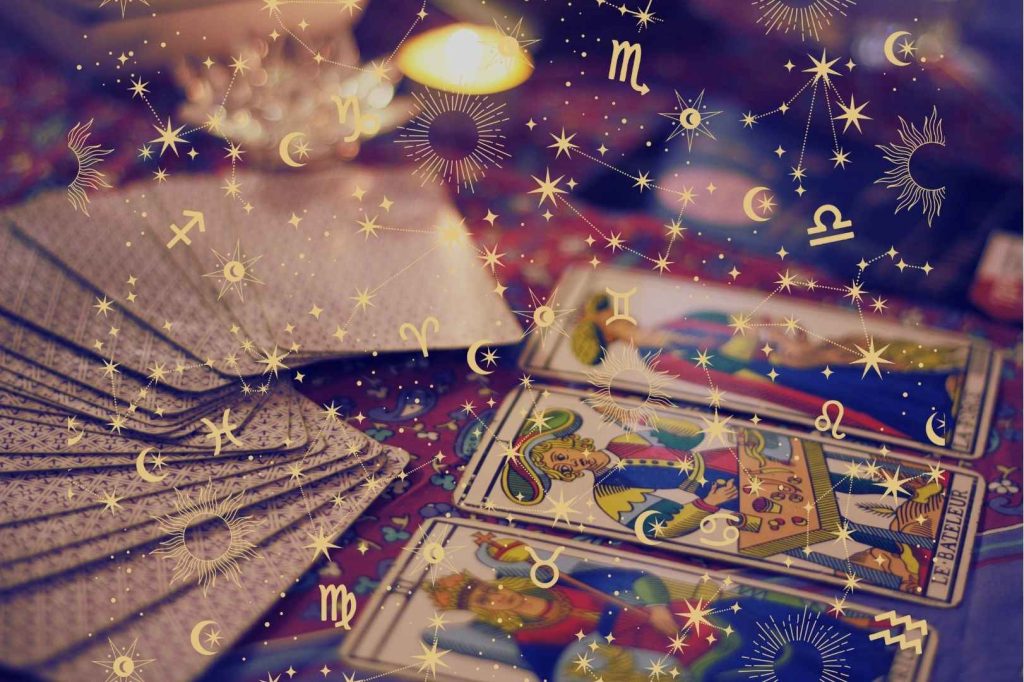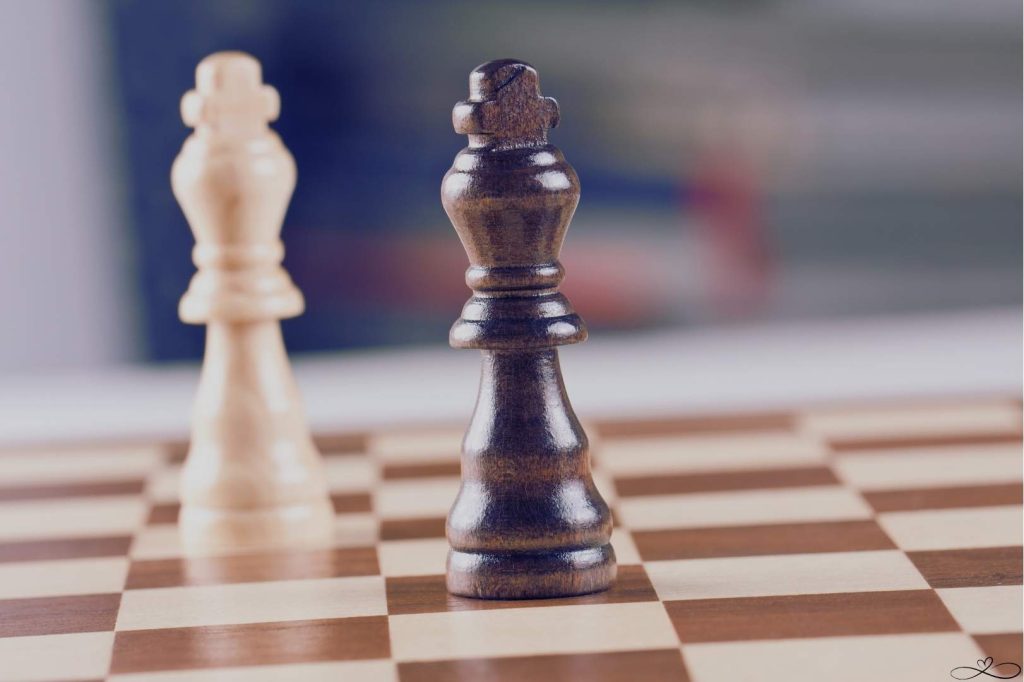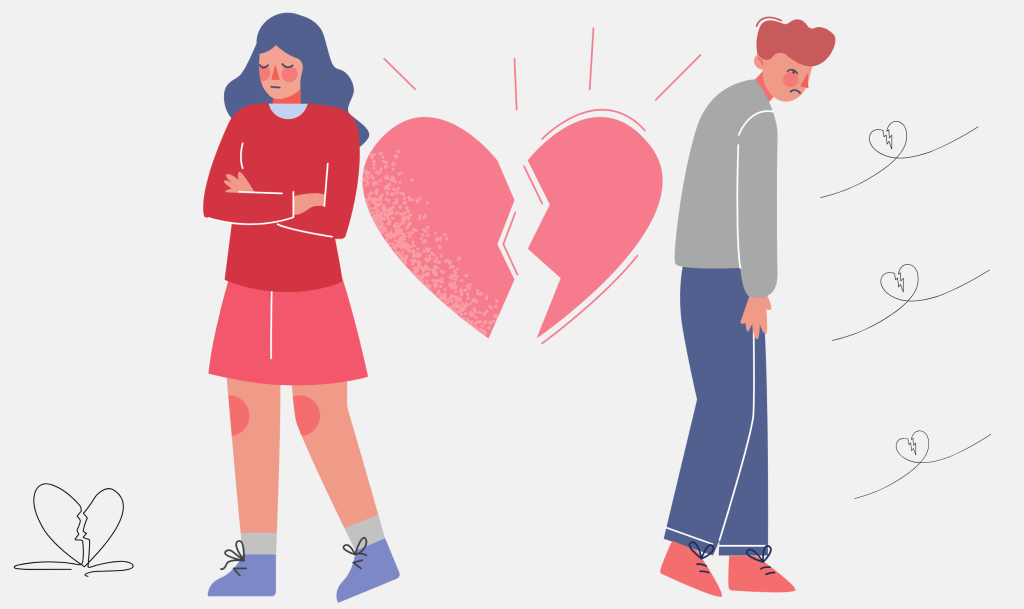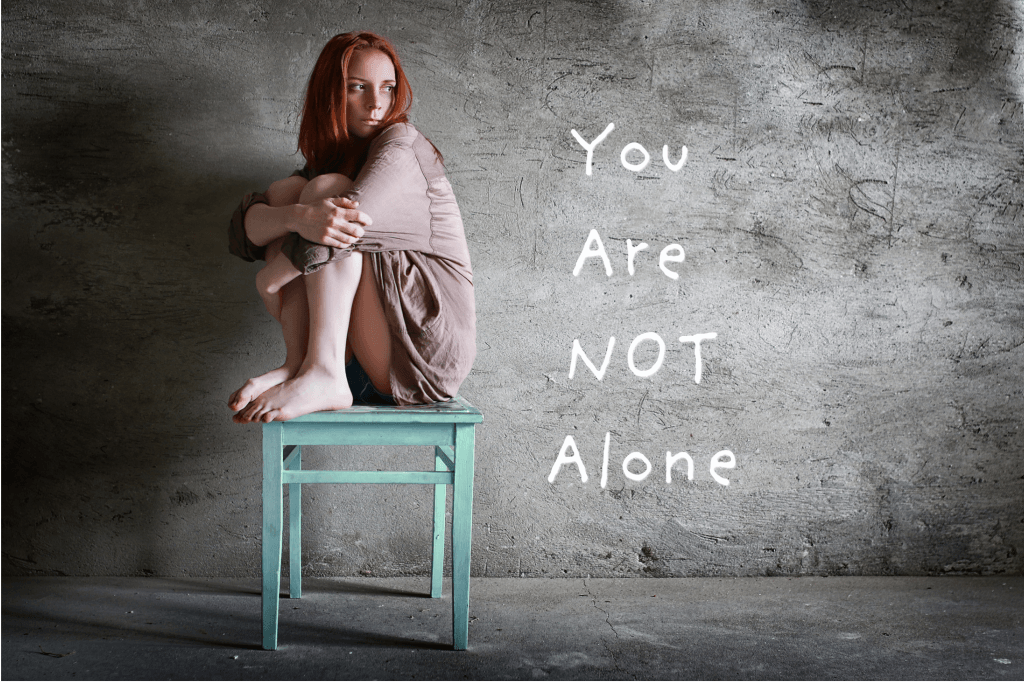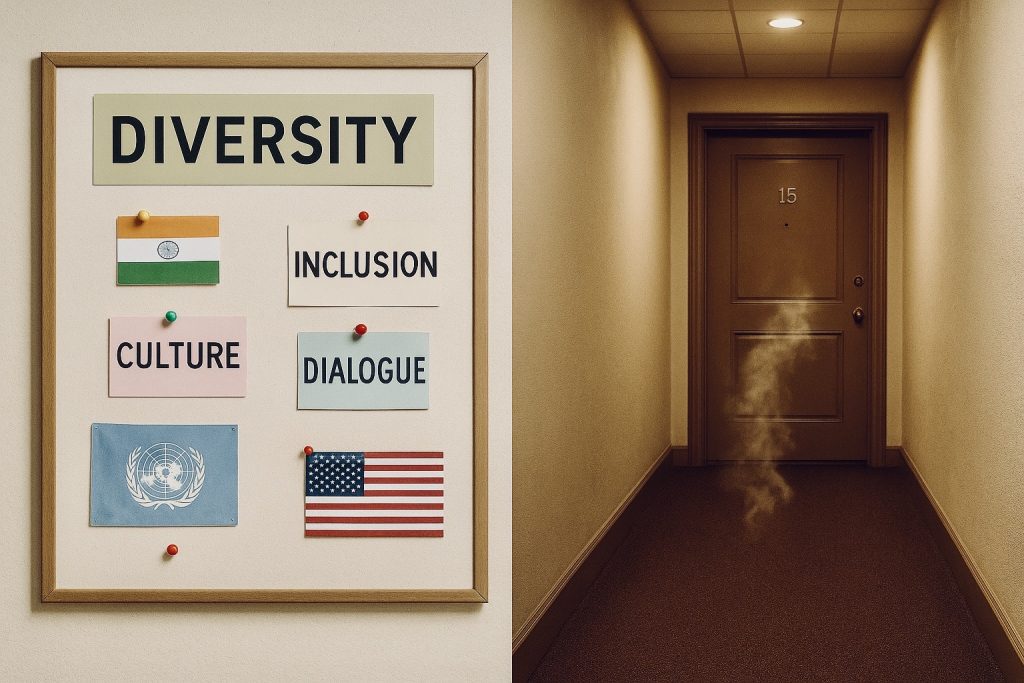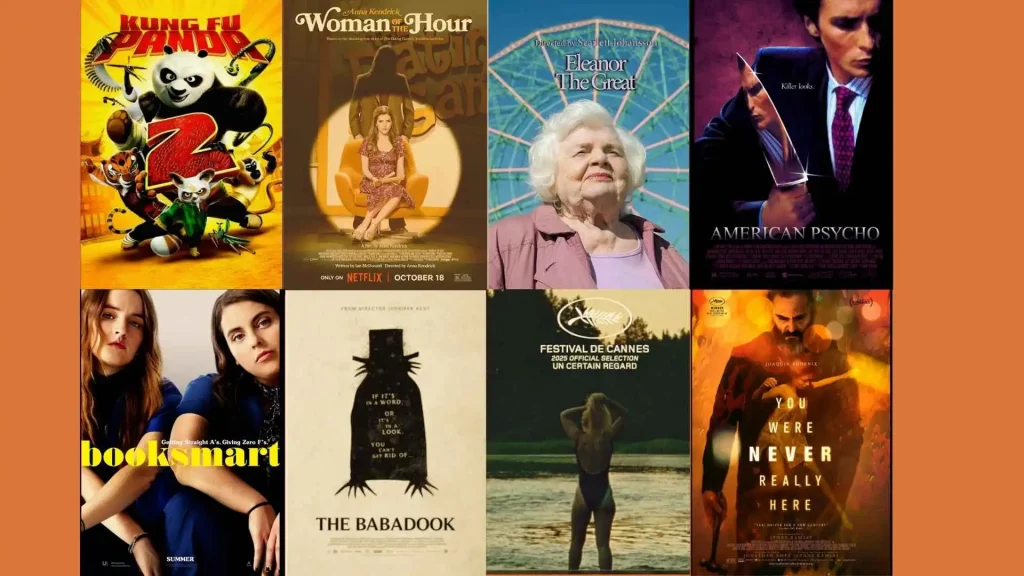Gen Z astrology spiritual side hustle is booming – Astrology. Tarot. Crystals. Shamanism. Once dismissed as hippie fluff or grandma’s weird hobby, these practices are suddenly everywhere, and Gen Z is giving them the ultimate makeover.
If you’ve noticed that “Mercury in retrograde” is now a valid excuse for ghosting, or that your coworker does a “card pull” before big meetings, you’re witnessing a generational shift. For Gen Z, mystical tools aren’t just about fortune-telling, they’re self-care, identity, and sometimes, entertainment.
The Digital Mystics Are Here
Let’s rewind. Baby Boomers flirted with the Age of Aquarius in the ’70s. Gen X side-eyed it. Millennials (remember Co–Star notifications at brunch?) dragged astrology out of the back pages and into the App Store. But Gen Z? They’re making it viral.
On TikTok, #WitchTok boasts billions of views. Tarot readers livestream Q&As like DJs at a rave. Astrology memes shape entire dating app bios. Even shamanism, once the domain of remote villages and retreat-seekers is getting a reboot. In South Korea, young shamans are live streaming rituals for peers stressed about jobs and housing. Across the West, crystal healing and “energy work” sessions are sliding into the wellness menu right next to hot yoga.
Why Now?
Two words: chaos and connection. Gen Z came of age in a whirlwind of climate anxiety, pandemic isolation, and economic uncertainty. Traditional religion doesn’t resonate with many (in the U.S., nearly half of Gen Z says they’re unaffiliated). But a 30-second TikTok tarot reading? That feels approachable, personal, and just mystical enough to help make sense of the mess.
“Even if I don’t totally believe it, it helps me reflect,” one 22-year-old told me about her daily horoscope habit. That’s the point: Gen Z treats these tools less like magic spells and more like therapy, a cosmic journaling session covers with aesthetics.
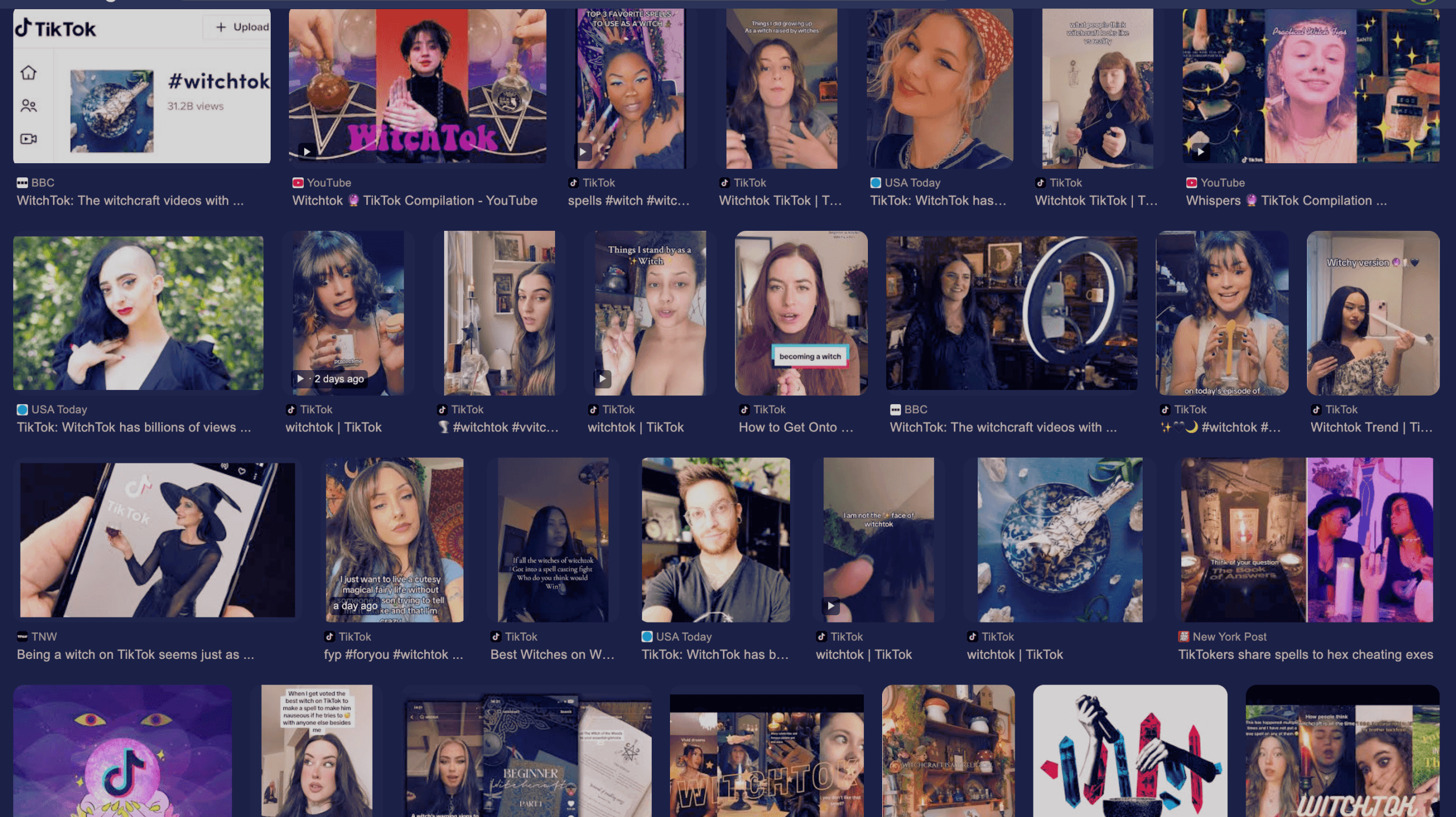
The Generational Gradient
Compare that to Baby Boomers: Only about 17% say they believe in astrology. Gen X is lukewarm. Millennials, on the other hand, are astrology’s biggest believers (83% say they buy in). Gen Z falls slightly lower in raw belief (around 62%), but they’re making it cool – blending spirituality with memes, aesthetics, and activism.
As we noted in How TikTok, Food Rituals, and Sunscreen Became Coping Mechanisms, Gen Z transforms rituals into survival tools. Tarot isn’t fortune‑telling; it’s journaling with pictures. Astrology isn’t destiny; it’s a personality framework. Even shamanism is being reframed as therapy.
From Fringe to Feed
It’s not all incense and Instagram. This revival has teeth: A multi-billion-dollar “mystical services” industry is booming, from apps like The Pattern to crystal subscription boxes, it is valued at $2.3 billion in the U.S. alone, with global astrology markets projected to nearly double by 2031.
But for most young people, it’s still about meaning, not money. Whether they’re watching a shaman livestream or pulling a card before a date, they’re carving out new ways to connect, to themselves, to each other, and to something bigger.
So next time someone asks your rising sign, don’t roll your eyes. You’re not just answering a question, you’re stepping into one of Gen Z’s most fascinating cultural revolutions.
References
AP News. (2024, April 10). Psychic services industry worth $2.3 billion in the U.S. Associated Press. https://apnews.com/article/41a815371e107ddef503910eaa9d8378
Harris Poll. (2024, February). Millennials are more interested in astrology than Gen Z. YPulse. https://www.ypulse.com/newsfeed/2024/04/18/millennials-are-more-interested-in-astrology-than-gen-z/
Pew Research Center. (2023, September 13). Religious affiliation and the unaffiliated in the United States. Pew Research Center. https://www.pewresearch.org/religion/2023/09/13/religious-affiliation/
Reuters. (2024, July 21). South Korea’s young shamans revive ancient tradition for Gen Z. Reuters. https://www.reuters.com/lifestyle/south-koreas-young-shamans-revive-ancient-tradition-gen-z-2024-07-21/
Liked this piece? You might also enjoy:
How TikTok, Food Rituals, and Sunscreen Became Coping Mechanisms – on Gen Z’s cultural survival toolkit.
The Villain Era Is a Marketing Lie, But That Doesn’t Mean It’s Powerless – how rebellion became a brand.
2025: The World Is in Its Feelings This April – on the mood of a restless planet.
Sex Positivity Is the New Dress Code – when empowerment became an outfit.

